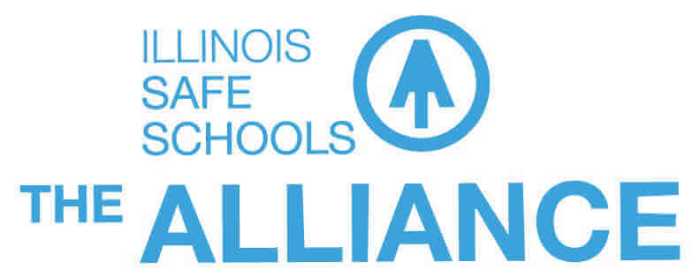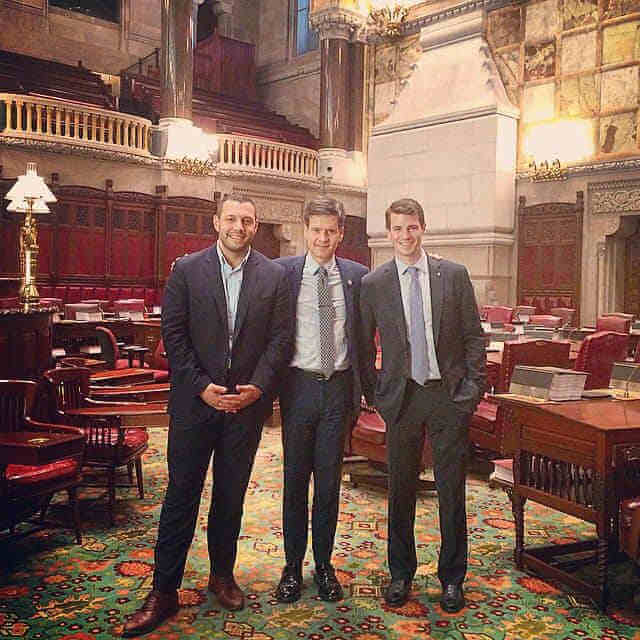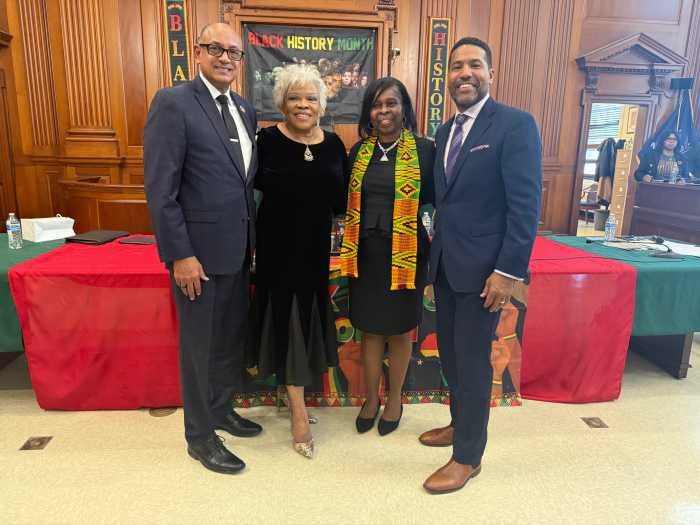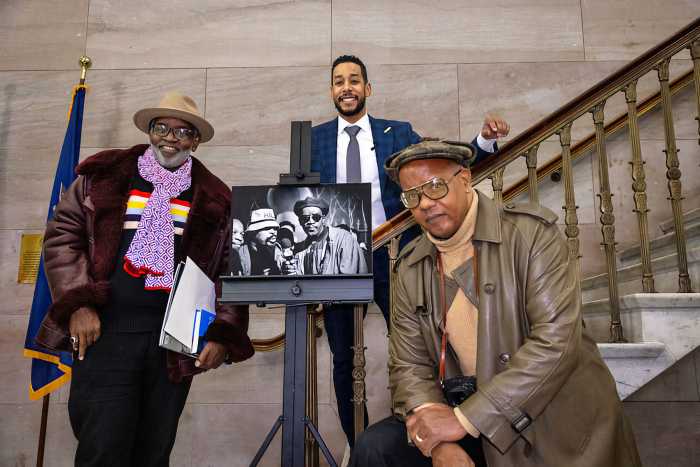The Supreme Court, on May 28, announced it will not review a lower court decision that rejected a challenge mounted by cisgender students upset that their school district decided to let transgender students use bathroom and locker room facilities consistent with their gender identity.
The high court’s action leaves in place a ruling from the Philadelphia-based Third Circuit Court of Appeals, rejecting both constitutional and statutory claims made against the Boyertown, Pennsylvania, school district.
Two anti-LGBTQ litigation groups — Alliance Defending Freedom (ADF) and the Harrisburg-based Independence Law Center — brought the suit on behalf of several cisgender students challenging the Boyertown policy, implemented in 2016, contending that it violated constitutional right of bodily privacy under the 14th Amendment, created a “hostile environment” in violation of Title IX of the Education Amendments of 1972 — which bans sex discrimination by schools that get federal funds — and violated their right of privacy under Pennsylvania law.
The American Civil Liberties Union of Pennsylvania and the ACLU’s National LGBT Rights Project joined the case, representing the Pennsylvania Youth Congress Foundation, which intervened as a co-defendant to help the school district defend its policy.
This lawsuit is part of a national campaign by ADF to bar transgender students from accessing bathrooms and locker consistent with their gender identity and, further, to deny trans people any protection under federal law — a goal that the Trump administration is aggressively pursuing, as well. Though ADF has lost a series of such “bathroom” cases, Education Secretary Betsy DeVos reversed the Obama administration’s guidance to schools that they allow trans students to use bathrooms consistent with their gender identity and the department now refuses to investigate discrimination claims by trans students under Title IX.
In August 2017, District Judge Edward G. Smith refused to issue a preliminary injunction against the school district’s policy while the case was pending, concluding that the cisgender plaintiffs were unlikely to prevail on the merits and would not suffer irreparable injury if the policy were to go into effect.
In their appeal to the Third Circuit, the plaintiffs lost before a unanimous three-judge panel. Writing for the panel, Circuit Judge Theodore McKee cited an amicus brief by the American Academy of Pediatrics and the American Medical Association stating that policies barring access to “privacy facilities” consistent with a student’s gender identity “have detrimental effects on the physical and mental health, safety, and well-being of transgender individuals.” Another amicus brief McKee pointed to was from the National PTA and the Gay, Lesbian and Straight Education Network (GLSEN) warning that forcing trans students to use bathrooms or locker rooms that don’t match their gender identity causes “severe psychological distress often leading to attempted suicide.”
The starting point for the court’s discussion, then, was that the school district’s policy responded to a real and serious problem faced by transgender students.
McKee noted that the school district renovated its bathroom and locker facilities to increase the privacy of their users and also required trans students to meet with counselors in order to gain approval for using facilities consistent with their gender identity.
Responding to the plaintiffs’ claim that their right to privacy was violated by individuals they believe are from the opposite sex seeing them partially clothed, the Third Circuit agreed with Judge Smith that the bathroom/ locker room policy was “narrowly tailored” to meet a “compelling interest,” while privacy rights under the Constitution are not absolute. The “surprise” cisgender students experience at finding themselves “in an intimate space with a student they understood was of the opposite biological sex” does not equate, McKee wrote, “with the very drastic consequences that the transgender students must endure if the school were to ignore” their needs. Asking trans students to use special single-user facilities, the court found, would “significantly undermine” the goal of treating them in a non-discriminatory manner.
The circuit panel also rejected the “hostile environment” claims under Title IX, pointing out that encountering a transgender student in a bathroom came nowhere close to the accepted standard for “sexual harassment that is so severe, pervasive, or objectively offensive and that so undermines and detracts from the victims’ educational experience that he or she is effectively denied equal access to an institution’s resources and opportunities.”
The Third Circuit drew support for its conclusion from the Chicago-based Seventh Circuit Court of Appeals ruling in Ash Whitaker’s lawsuit against the Kenosha, Wisconsin, school district, where the court found that excluding a trans boy from using the boys’ restroom facilities violated Title IX. From that perspective, the Boyertown school district’s policy could be seen as required under Title IX to provide equal educational access and opportunities to transgender students. The court similarly pointed to pro-transgender rights rulings by four other appellate circuits that have found, in a variety of contexts, that anti-transgender discrimination violates federal laws forbidding sex discrimination.
The emerging consensus among federal courts of appeals will be up for Supreme Court debate in its term beginning in October when it reviews the Sixth Circuit’s decision in favor of Aimee Stephens, a trans woman who successfully sued her former employer, the Harris Funeral Homes, for job discrimination based on sex.
A decision not to review a court of appeals case does not constitute a ruling on the merits by the Supreme Court and does not establish a binding precedent on lower courts, but it sends a signal — here, one that is important for school districts trying to navigate between the rulings by courts in favor of transgender student claims and the Trump administration’s reversal of Obama era policy on this issue. The question whether Title IX mandates the Boyertown school district’s policy was not squarely before the court in this case, and the justices may have denied review because they were already committed to consider whether federal sex discrimination laws cover gender identity discrimination in the Harris Funeral Homes case.



































